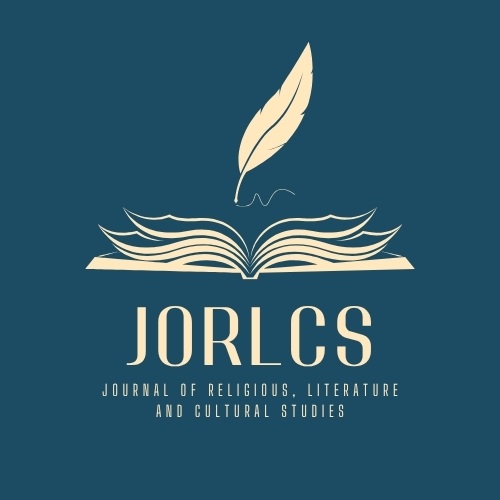ادب اور مذہب میں اخلاقی تصورات
Ethical Concepts in Literature and Religion: A Comparative Study
Keywords:
Ethical concepts, literature, religion, moral values, South Asian literatureAbstract
This paper explores the intersection of literature and religion, focusing on the moral concepts that are portrayed in both domains. The study aims to investigate how ethical principles are depicted and interpreted in various literary works, especially those of Pakistani authors, and how these align with the moral teachings of different religious traditions. Through an in-depth comparative analysis, the paper delves into the nuanced role that ethical concepts play in shaping individual behavior, societal norms, and cultural identity. The research highlights the significant role of literature in reflecting, challenging, and interpreting religious moral codes. The study also examines how religious values influence the moral underpinnings of literary works in the South Asian context.




